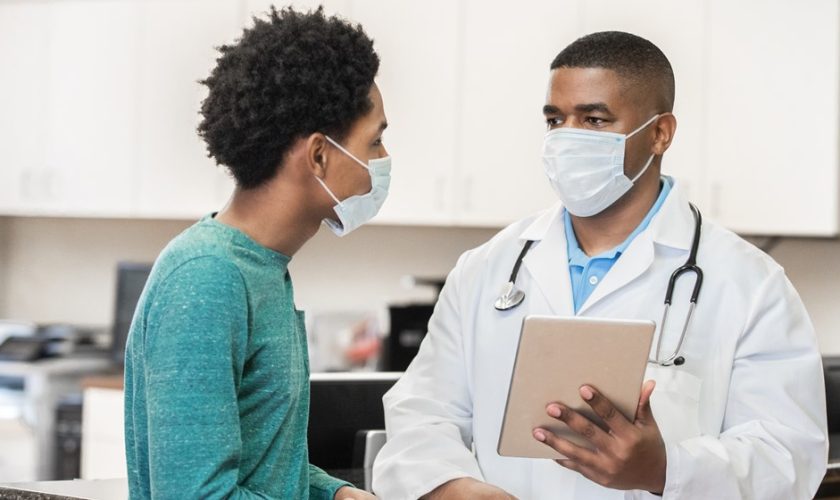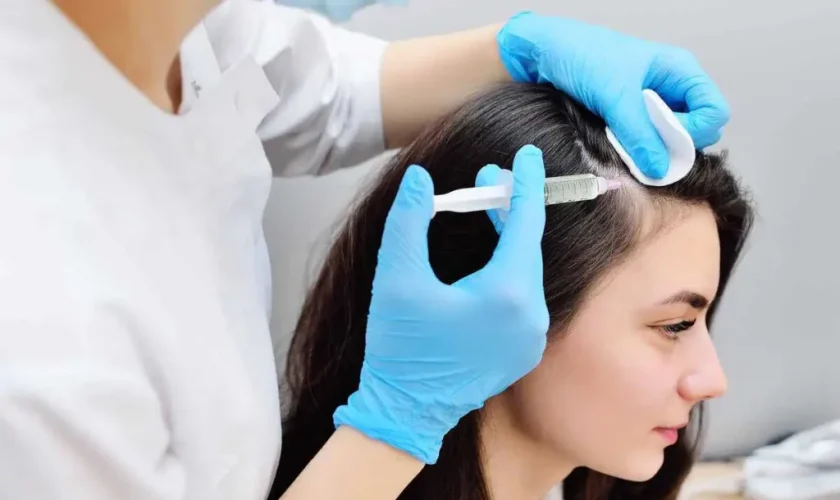Traveling to Patong offers a wonderful mix of vibrant street life, beautiful beaches, and rich culture. While you plan your exciting activities and taste the local cuisine, it is also wise to consider your health and safety. Understanding how to get medical help quickly can provide peace of mind, letting you fully enjoy your trip. The local healthcare system is well-prepared for visitors, so getting assistance is straightforward if you know where to go.
Finding a doctor in a new place can feel challenging, but Patong has numerous facilities available for tourists. From minor issues like sunburn or an upset stomach to more significant concerns, you can find professional help. A good first step is to locate a reputable Phuket medical clinic near where you are staying. These clinics are designed to handle common travel-related health problems and can offer prompt attention. Many have staff who speak English, which makes communication much easier.
Before you even leave home, it is a good idea to have travel insurance. This will cover the costs of any medical treatment you might need. Keep your insurance details with you at all times. In Thailand, it is common to pay for medical services upfront and then claim the costs back from your insurer. For this reason, having copies of all your documents, including your passport and insurance policy, is very important when visiting a medical facility.
What should you do if you feel unwell? For general health issues, walk-in clinics are your best option. They can treat a range of conditions and are usually open for extended hours. You can find them throughout Patong, often located in central areas frequented by tourists. They provide a convenient way to see a doctor without a long wait. Pharmacists in Thailand are also very knowledgeable and can offer advice and over-the-counter remedies for simple ailments. Pharmacies are easy to spot and are plentiful in Patong.
In case of a serious medical event, you should go directly to a hospital. Patong has hospitals equipped to handle emergencies and provide more extensive care. You can get to a hospital by taxi or by calling for an ambulance. The emergency service number in Thailand is 1669. It is helpful to save this number in your phone. Hospital emergency departments are open 24/7 and are staffed with skilled medical professionals who can provide immediate attention.
Preparing a small first-aid kit can also be very useful. Include items like plasters, antiseptic wipes, pain relief tablets, and any personal medication you require. This simple preparation can help you manage minor scrapes or headaches on your own, saving you a trip to a clinic. By being prepared and knowing your options, you can ensure that any health issue is just a small interruption to an otherwise amazing holiday in Patong.
















